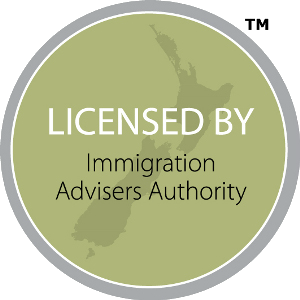In-study student work rights continue with new Skilled Migrant Category
Existing eligibility for in-study work rights will be carried over when the new Skilled Migrant Category (SMC) Resident Visa comes into effect on 9 October 2023.
Most student visa holders can work up to 20 hours per week during term time, and full-time over course breaks.
Students’ in-study work rights have typically been linked to whether the qualification being studied gains points under SMC. Under new SMC settings, only qualifications at Bachelor’s degree Level 7 or above will qualify for points.
When the new SMC comes into effect, references to SMC in the in-study work instructions will be removed so the existing in-study work eligibility remains. Eligible qualifications, programme level and type will be shown instead.
Work rights retained
From 9 October, all students studying a full-time programme that directly results in a New Zealand qualification at Level 4 or above on the New Zealand Qualifications and Credentials Framework (NZQCF) will be eligible for in-study work rights of 20 hours per week.
Micro-credentials do not qualify
Training schemes and micro-credentials are not qualifications and remain ineligible for in-study work rights.
References to the requirement for a course to be relevant to the ANZSCO occupation at skill levels 3-5 will also be removed.
Part time exception
Student visas (with work rights) are not granted for part time study, unless the student is in their final semester of a programme of study that is at least 2 academic years’ duration, or which culminates in a NZ qualification at level four or higher on the NZQCF. In this case the student may be eligible for in-study work rights.


